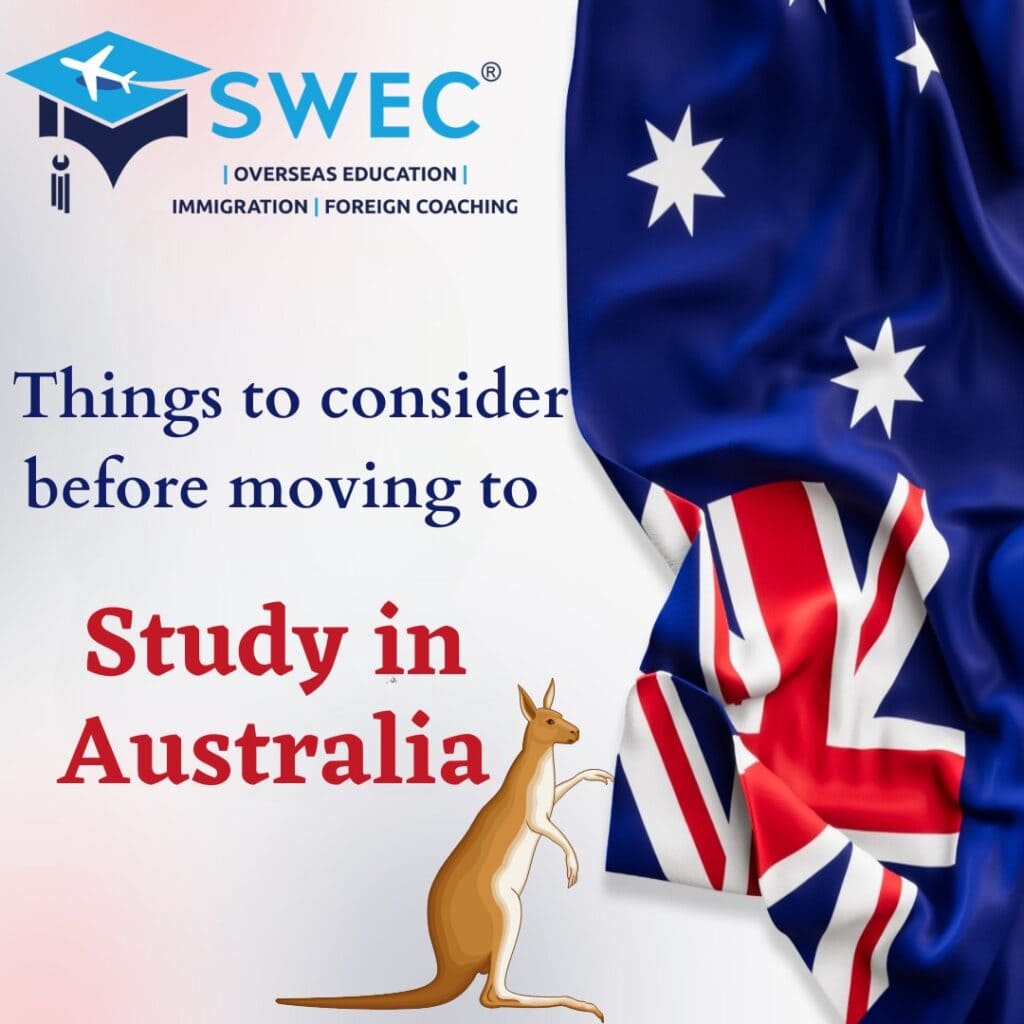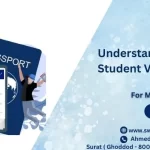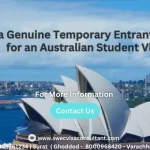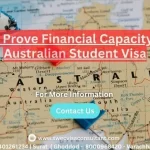
Australia, known for its stunning landscapes, diverse wildlife, and vibrant cities, attracts people from all over the globe seeking new opportunities and adventures.
If you’re considering making the move down under, there are several essential factors to keep in mind to ensure a smooth transition and enjoyable experience.
Moving to Australia is a significant decision that requires careful planning and preparation. It’s essential to familiarize yourself with various aspects of life in Australia to make informed decisions and adapt seamlessly to your new surroundings.
25+ Things To Know Before Moving To Australia
Understanding Australian Culture
Cultural Diversity: Australia is a melting pot of cultures, with people from diverse backgrounds coexisting harmoniously. Embrace multiculturalism and respect the traditions and customs of Indigenous Australians and other ethnic groups.
Aussie Slang: Get ready to learn the unique Aussie slang, which can sometimes be confusing for newcomers. From “G’day mate” to “Barbie” (barbecue), familiarize yourself with common Australian expressions to communicate effectively.
Climate and Weather
Seasons in Australia: Australia experiences four distinct seasons, with temperatures varying significantly across different regions. Familiarize yourself with the climate of your intended destination, whether it’s the tropical north, arid Outback, or temperate south.
Extreme Weather Conditions: Be prepared for extreme weather events such as bushfires, cyclones, and floods, particularly during the summer months. Stay informed about emergency procedures and evacuation plans to ensure your safety.
Visa and Immigration Process
Types of Visas: Research the various visa options available based on your purpose of travel, whether it’s for work, study, or family reunion. Understand the eligibility criteria and application requirements for each visa category.
Application Process: Start the visa application process well in advance to avoid any delays or complications. Seek guidance from immigration experts or consult official government websites for accurate information and updates.
Cost of Living
Housing Expenses: The cost of housing can vary significantly depending on the location and type of accommodation. Consider factors such as rent, utilities, and property prices when budgeting for your living expenses.
Transportation Costs: Factor in transportation costs, including public transport fares, fuel prices, and vehicle maintenance expenses. Explore alternative modes of transportation such as cycling or carpooling to save money.
Accommodation costs:
- Hostels and guesthouses: $90 to $150 per week
- Shared rental: $85 to $215 per week
- On campus: $90 to $280 per week
- Homestay: $235 to $325 per week
- Rental: $165 to $440 per week
Other living expenses
- Groceries and eating out: $80 to $280 per week
- Gas and electricity: $35 to $140 per week
- Phone and Internet: $20 to $55 per week
- Public transport: $15 to $55 per week
- Car (ongoing cost): $150 to $260 per week
- Entertainment: $80 to $150 per week
Healthcare System
Public vs. Private Healthcare: Australia offers both public and private healthcare services, with Medicare providing essential cover for eligible residents. Consider obtaining private health insurance for additional benefits and coverage.
Medicare: Understand how Medicare works and ensure you enroll as soon as you become eligible. Familiarize yourself with Medicare benefits, including doctor visits, hospital treatments, and pharmaceutical subsidies.
Education System
Schooling Options: If you have children, research the schooling options available in your area, including public, private, and international schools. Consider factors such as curriculum, extracurricular activities, and proximity to your home.
Tertiary Education: Australia is home to world-renowned universities and vocational institutions offering a wide range of courses and programs. Explore your options for higher education and consider factors such as tuition fees, scholarships, and campus facilities.
Employment Opportunities
Job Market: Research the job market in your field of expertise and identify potential employment opportunities. Update your resume according to Australian standards and network with professionals in your industry.
Work Culture: Familiarize yourself with Australian work culture, which values work-life balance, teamwork, and respect for diversity. Be prepared for informal communication styles and a relaxed office atmosphere.
Housing Options
Renting vs. Buying: Consider whether renting or buying a property aligns with your long-term goals and financial situation. Research the housing market trends in your desired location and seek advice from real estate professionals.
Popular Cities for Expats: Explore popular cities for expats such as Sydney, Melbourne, Brisbane, and Perth, each offering unique lifestyle amenities and employment opportunities. Consider factors such as cost of living, climate, and cultural attractions when choosing your destination.
Transportation
Public Transport: Australia’s major cities have well-developed public transportation networks, including trains, buses, trams, and ferries. Familiarize yourself with the local transport routes, schedules, and fare payment methods for convenient travel.
Driving in Australia: If you plan to drive in Australia, familiarize yourself with the road rules, signage, and driving conditions. Obtain a valid driver’s license and consider taking a defensive driving course for added safety.
Cuisine and Dining Culture
Australian Food: Explore the diverse culinary scene in Australia, which blends influences from Indigenous, European, Asian, and Middle Eastern cuisines. Sample local delicacies such as meat pies, seafood, and Vegemite to immerse yourself in the Aussie food culture.
Eating Out Etiquette: Adapt to Australian dining customs, which may include shouting rounds at the pub, tipping in restaurants, and BYO (bring your own) alcohol at certain eateries. Respect restaurant etiquette and be mindful of cultural sensitivities when dining out.
Social Life and Networking
Community Activities: Get involved in community activities and events to meet new people and integrate into your local neighborhood. Join clubs, sports teams, or volunteer organizations to enrich your social life and expand your network.
Making Friends: Be proactive in making friends and building social connections, especially during the initial stages of your relocation. Attend social gatherings, networking events, and expat meetups to connect with like-minded individuals.
Wildlife and Nature
Unique Australian Wildlife: Australia boasts an array of unique wildlife, including kangaroos, koalas, wombats, and platypuses. Explore national parks and wildlife reserves to observe these fascinating creatures in their natural habitats.
Outdoor Activities: Take advantage of Australia’s breathtaking natural landscapes by participating in outdoor activities such as hiking, camping, snorkeling, and surfing. Whether it’s exploring rainforests, diving in coral reefs, or scaling rugged mountains, there’s no shortage of adventures to embark on.
Safety and Security
Crime Rates: While Australia is generally considered safe, it’s essential to exercise caution and be aware of your surroundings, particularly in urban areas. Take common-sense precautions to safeguard yourself and your belongings against petty theft and opportunistic crimes.
Emergency Services: Familiarize yourself with emergency contact numbers such as Triple Zero (000) for police, fire, and ambulance services. Know the location of the nearest hospitals, police stations, and emergency shelters for quick access during unforeseen circumstances.
Conclusion
Moving to Australia offers a myriad of opportunities for personal and professional growth amidst stunning natural landscapes and diverse cultural experiences.
By understanding the essential aspects outlined in this guide, you can navigate the transition smoothly and embark on an exciting new chapter in your life down under.
FAQs (Frequently Asked Questions)
What is the cost of healthcare in Australia?
Australia has a mixed healthcare system with both public and private options. Public healthcare, provided through Medicare, offers essential services at little to no cost for eligible residents, while private health insurance provides additional coverage for elective procedures and private hospitals.
Are there job opportunities for expats in Australia?
Yes, Australia has a robust job market with opportunities across various industries, including healthcare, engineering, IT, and hospitality. Expats with in-demand skills and qualifications may find rewarding employment opportunities in major cities and regional areas.
What are the visa options for moving to Australia?
There are several visa options available for individuals looking to migrate to Australia, including skilled migration visas, family visas, student visas, and working holiday visas. Each visa category has specific eligibility criteria and application requirements.
How do I adapt to the Australian lifestyle and culture?
Embracing the Australian lifestyle involves immersing yourself in the local culture, participating in community activities, and respecting cultural norms and traditions. Learning the Aussie slang, enjoying outdoor activities, and being open to new experiences are key aspects of adapting to life in Australia.
What are some tips for finding accommodation in Australia?
When searching for accommodation in Australia, consider factors such as location, budget, and amenities. Websites and real estate agencies can help you find rental properties or homes for sale. It’s advisable to visit properties in person and negotiate terms before making a decision.





